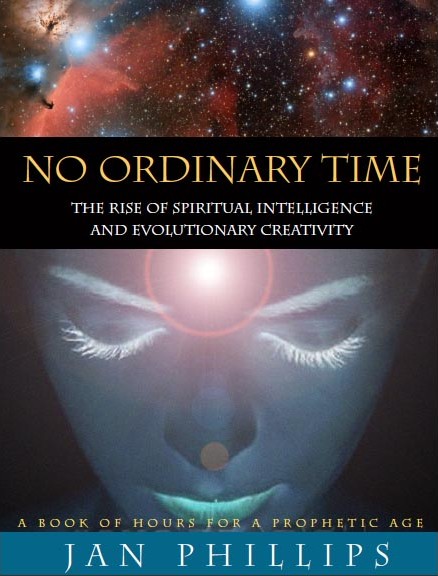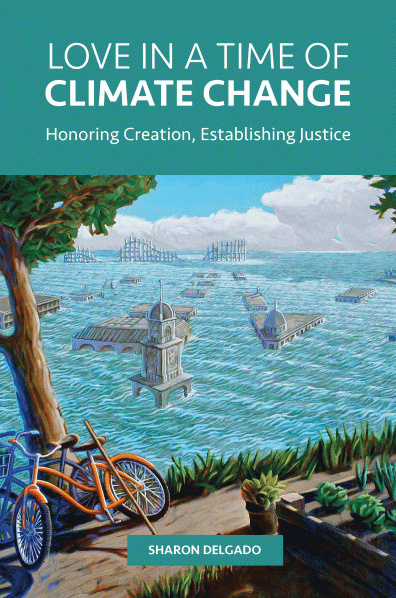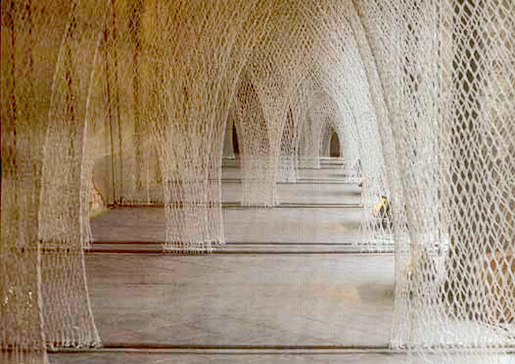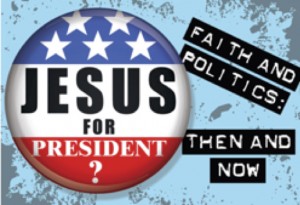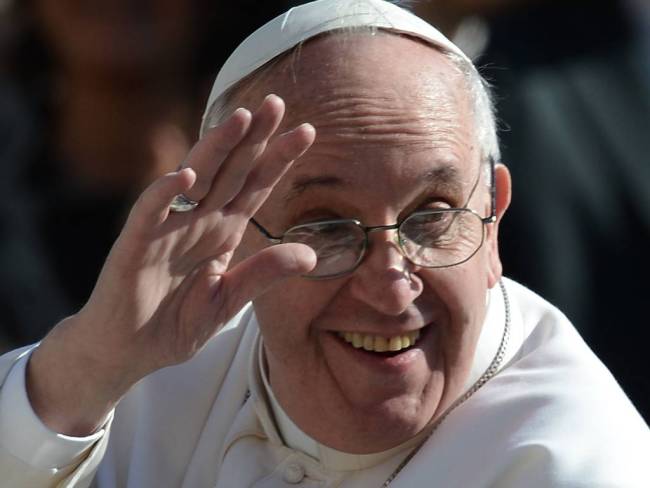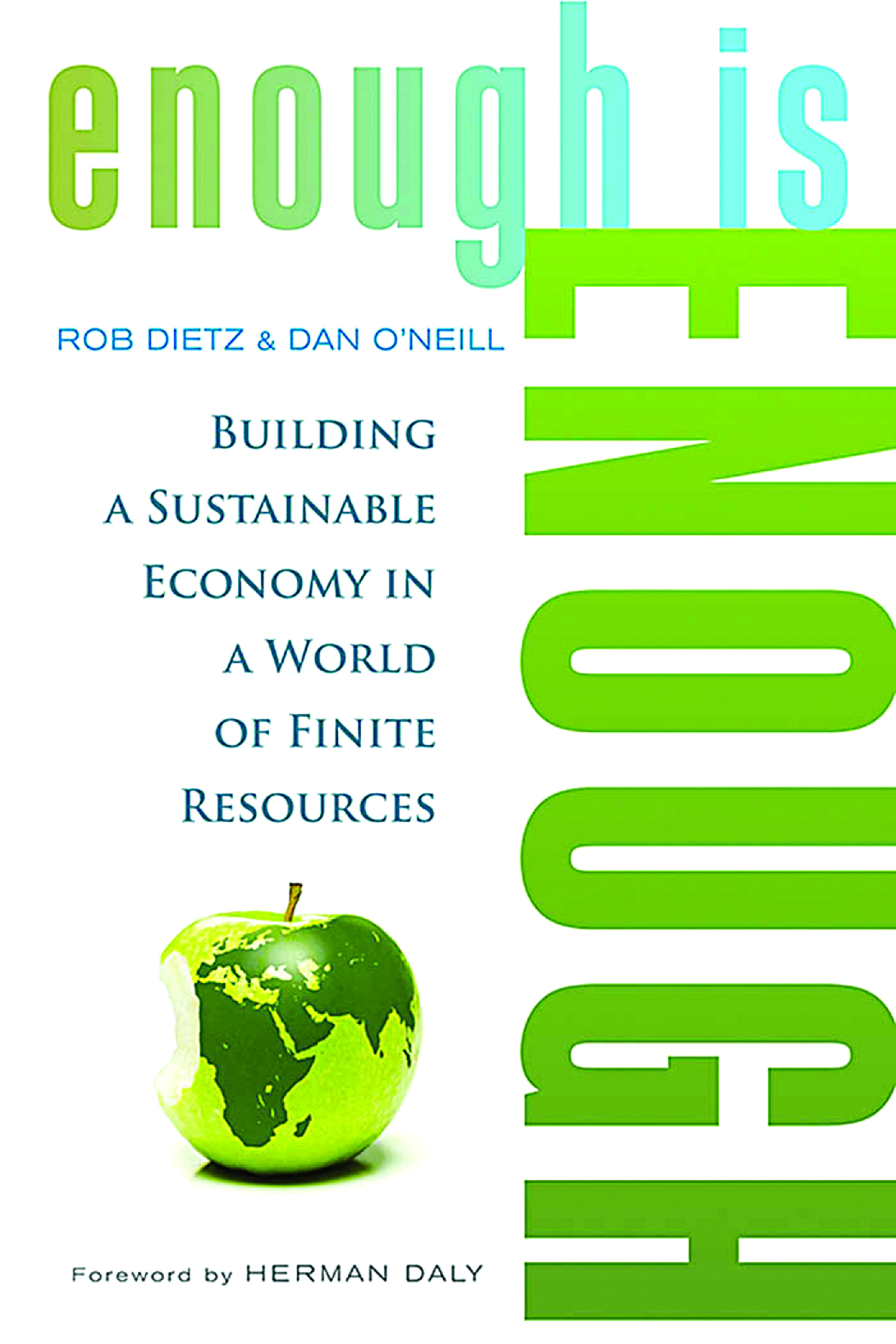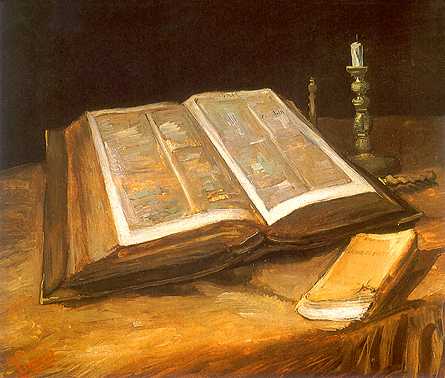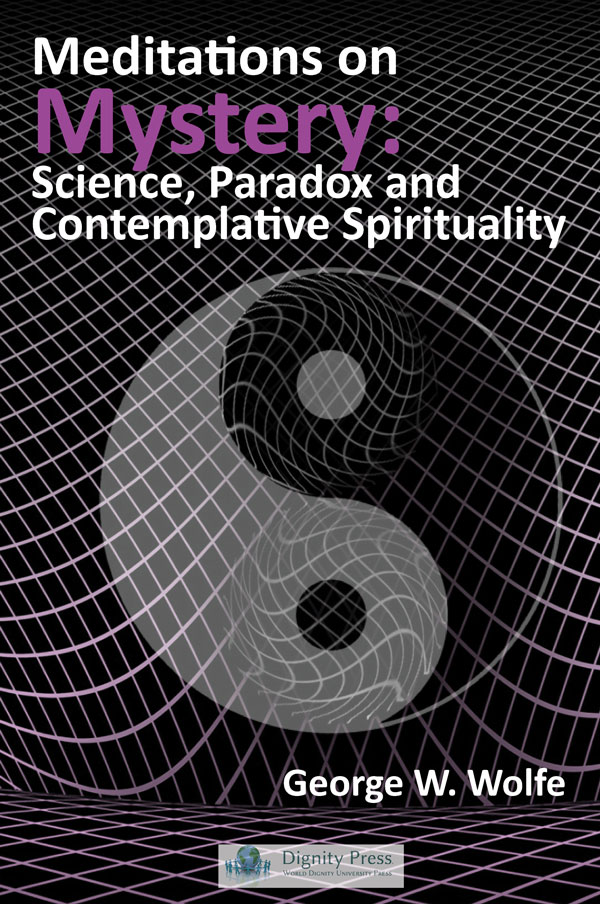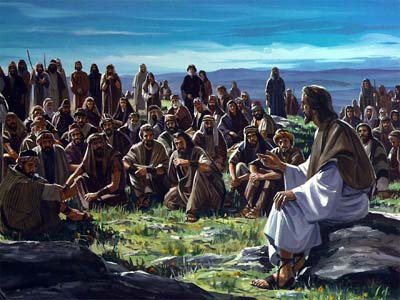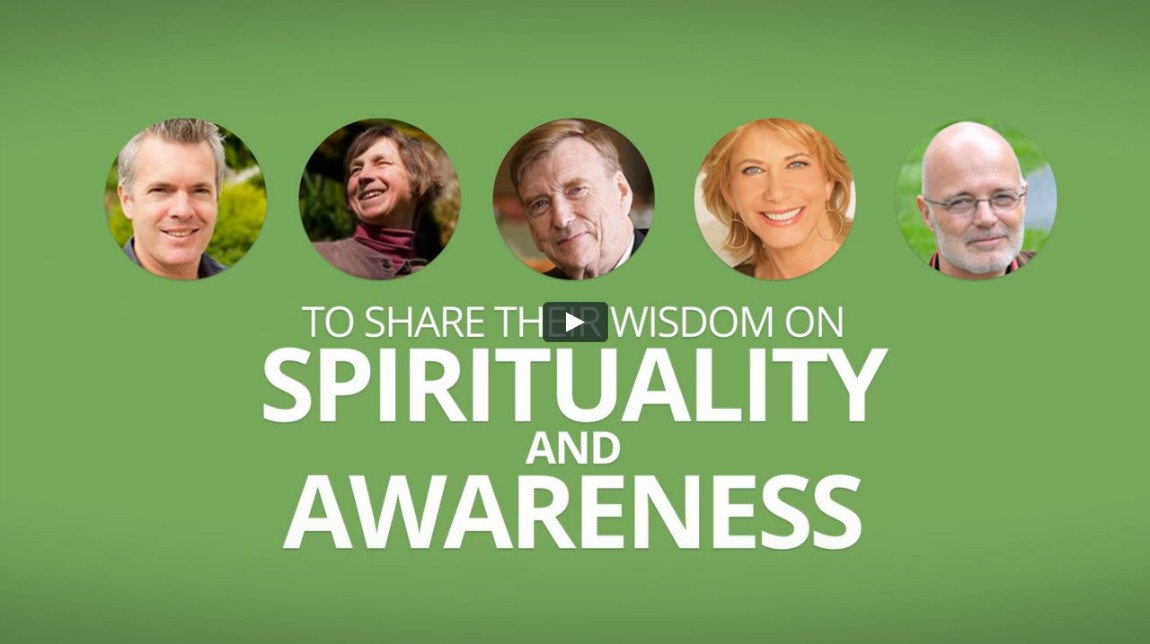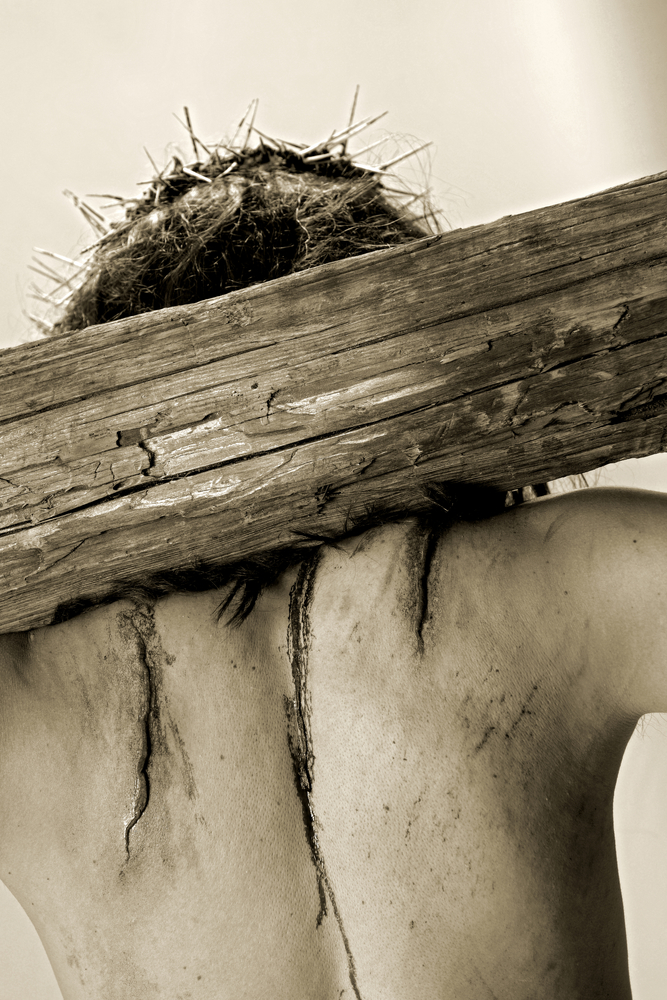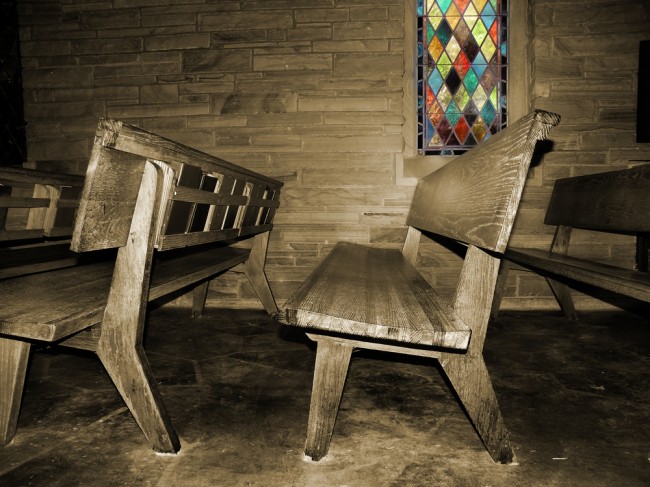Jan Phillips’ Book of Hours is a tapestry of threads from the arts, science, sacred texts and her own mystical poetry. It is the story of one woman’s journey from Catholicism to a new cosmology of global communion and co-creation.
A life with renewed purpose, healthy spirituality, embodied values, meaningful connection with others, and hope for a more just future. I write, speak, podcast, and build community surrounding faith shifting issues and anxieties. I want to build the world I want to live in—together, with you.
challenges readers to develop a faithful response to climate change, which disproportionately harms the poor, threatens future generations, and damages God’s creation. This book uses scripture, tradition, reason, and experience to explore the themes of creation and justice in the context of the earth’s changing climate. By creatively employing these four sources of authority, readers discover a unique way to assess the physical realities of climate change, discern its physical and spiritual implications, reflect on planetary warming theologically and discern a faithful response.
The idea of “God” has been problematic for as long as the notion existed. As a result, “God” has admittedly been for me a direction; but neither a destination, nor even a companion along the way any longer. As the poet suggests, if the notion of “god” is directional movement from a former past to the present now, then perhaps it is the time to leave the “G” word behind. What does that mean?
Like the black girl in search of God, this gay red-headed boy’s search has been convoluted and risky. ... The gay red-headed boy, in his search for God, now encountered a gay pioneer, who was also, as it turns out, a Hindu scholar. God is good—and full of surprises.
... evidence of reincarnation can help fulfill one of Christianity’s greatest doctrines, that we are indeed brothers and sisters, and that we should love one another as such. Religious teachings can contain great wisdom, but at the same time, religions separate and divide us. Wars are based on the perception that the enemy is different from ourselves, which allows us to justify killing. Evidence of reincarnation allows us to see that we are universal souls, which are not bound to any one religion, nationality or ethnic group.
First in a Series exploring the relationship between one’s theological framework, religious practice and political viewpoint …
Jesus, a cleric and a politician walk into a bar … If that sounds like the beginning of a bad joke, consider the 3-ring circus of political debates and punditry already well underway 14 months before our next national presidential election. It is infused with religiously-motivated rhetoric that expresses itself in political terms. “How we think about religion -- even if we are skeptics or atheists -- will spell itself out in how we think about society,” observes philosophy professor, David Galston. “In other words, our theology and politics are inextricably linked. The difference of course is that politicians get to enact their thinking as policy.” If that is the case, should one consider a candidate’s religious bent when assessing the way they might make their political decisions? Absolutely! You can read more here.
This is an excerpt from a book Jim Burklo is writing this summer: MINDFUL CHRISTIANITY. The research he's doing for this project has taken him deep into the history of Christian spirituality. According to Jim: "The more I learn, the more I have to learn!"
Pope Francis and the Environment: Yale Examines Historic Climate Encyclical. What follows are the transcripts from the Panel on the Papal Encyclical held at Yale University on April 8, 2015.
Any enterprise needs fresh people. Without 20% new members every year, a church won’t keep up with attrition. Ideas will go stale. Even regulars will lose interest. Your goal is to draw people into the space where you can “touch” them, that is, get their email address and start sending them pertinent emails. Your blogpost, therefore, should have a “call to action” link that invites them to read more, download a paper on this topic, subscribe to your blog – not attend your church, for that is way premature.
Just when I had concluded that Jeb Bush was the likely Republican nominee for president in 2016, he said something that dumbfounded me: "I hope I'm not going to get castigated for saying this by my priest back home, but I don't get economic policy from my bishops or my cardinals or my pope. And I'd like to see what [the pope] says as it relates to climate change and how that connects to these broader, deeper issues before I pass judgment. But I think religion ought to be about making us better as people and less about things that end up getting in the political realm. " (New York Times, June 17, 2015)
In my pocket, all my waking day, I carry a device that enables me to communicate instantly with practically anyone around the globe. I'm a cog in a vast international system of manufacturing, trade, and consumption. Sure, we're all connected in these ways. But in our face-to-face encounters with other people, or when we walk in wilderness and commune personally with other living beings, we sense this connection in a much deeper way.
Disillusioned with organized religion, some people escape into New Age movements, and others retreat from spirituality altogether. A more satisfying and transformative option is to embark on a quest to discover God on your own. Using time-tested tools of spiritual investigation, you can examine your present beliefs, explore the nature of God and your sense of self and ultimately expand your identity.
I think we got off on the wrong foot, believing that death came into the world because of sin. If there is something divinely providential about our lives, there must be something divinely providential about our deaths. In the language of the previous post, “The Universe in Your Soul,” the cosmos that begat life must have also begat death.
We’re overusing the earth’s finite resources, and yet excessive consumption is failing to improve our lives. In Enough Is Enough, Rob Dietz and Dan O’Neill lay out a visionary but realistic alternative to the perpetual pursuit of economic growth—an economy where the goal is not more but enough.
People accuse each other of cherry picking sacred texts, as if the term was an insult. But for those seeking to honor the quest of the Bible writers or to raise healthy children within a Christian tradition, that is precisely the right approach.
Humanity is not inherently evil, or sinful, or broken. Creation has been groaning for billions of years so that we might evolve. Creation continues to groan as we continue to evolve into all that we can be.
Albert Einstein’s maxim, “Science without religion is lame; religion without science is blind,” takes on new meaning. Without the insights and empathetic values that come to us through spirituality, science is reduced to a cold and dehumanizing worldview. It is my hope that all who read these pages will be left with a deeper appreciation of the emerging intersection of modern science and spirituality.
The Greek word for “faith” in the New Testament is pistis, which occurs 243 times. As a noun, pistis is used as a technical term for “forensic evidence.” In other words, faith is not blind; we must investigate to establish the facts. I agree with retired Episcopal bishop, John Shelby Spong, who writes, “My problem has never been my faith. It has always been the literal way that human beings have chosen to articulate that faith.” To many Christians, faith means believing highly suspect claims, which is a problem for me. Thinking isn’t a sin. God created our minds and I’m certain that we were intended to use them.
The idea that we humans have been given dominion over the animals, the trees and the waters is just wrong. At some point we are going to have to admit we have been blind to what we have done and are continuing to do. If we do not begin to function in harmony with all Creation, I am afraid Homo sapiens will have a short history on this earth. Even more tragic, we humans will have missed an opportunity to experience an amazing awareness that could have led to a profound, life changing spiritual experience and a very different worldly experience.
For those like me who see Jesus, not as the divine Son of God in our midst, but as a courageous sage and social prophet, and for those of us who see God as other than an all-powerful distant deity – the language of reverence is rooted in the story of existence and the universe itself. That becomes a religious story whispering of a larger meaning of our existence or in Bumbaugh’s words each of us is “a self present in the singularity that produced the emergent universe; a self present at the birth of the stars; a self related through time to every living thing on this planet; a self that contains within it the seeds of a future we cannot imagine in our wildest flights of fantasy.” That non-traditional evolutionary sacred story invites us to stand in awe; and it calls us to create a whole new vocabulary of reverence even as we commit to cherishing and caring for the earth.
As it always has been with all species that defy planetary order, ours will soon be facing a painful adjustment and even the possibility of extinction. How did we – you and I - get to where we are today? Historically throughout human history we see a certain archetypal pattern repeating itself over and over again. Can this give us an answer? Yes, it can.
Ian interviews 31 experts including Bishop Spong and Matthew Fox
Beyond all the things that divide us, both from ourselves and each other, awareness brings us back to our essential oneness. In June 2014, Ian Lawton, founder of soulseeds.com, had a series of transformative conversations with renowned spiritual leaders from many traditions on the topic of awareness. Whether you caught the conference live or not, you can now access any or all of it in the way that best suits you.
What Does Hebrew Scripture Say about Life After Death? There isn’t much in Hebrew scriptures about life after death. According to Ecclesiastes, death
Hebrew Scripture’s View of Life after Death It wasn’t until after the Babylonian Exile that the Pharisees accepted the idea of heaven and
The terms faith and beliefs are sometimes used interchangeably, but I think it is useful to make a distinction between them. Beliefs are things you think are true, like “I believe in God.” “I believe that there is life after death.” These are improvable opinions (or they would be accepted by all as “facts”). A list can be made of beliefs.
One of the most reliable facts concerning Jesus is that he was crucified during the reign and by the action of the Roman procurator, Pontius Pilate, who served by appointment of the Caesar from 26-36 CE. The Roman senator and historian Tacitus referred to Jesus’ execution by Pilate in his Annals, which was written circa 116 CE. Beyond that, however, there is not much historical evidence.
Did Jesus Found the Church?
According to Leo Tolstoy, the famous Russian novelist, in his magnum non-fiction opus, The Kingdom of God is Within You, the idea that God or Jesus founded the church is “so utterly untrue and unfounded that one is ashamed to refute them.” Only the modern Christian church would even assert such a notion. Jesus could not have founded the church as we presently understand the word. Nothing like the idea of the church with its sacraments and its claim of infallibility can be found in Jesus’ words or in the ideas of other men of his time.
Recently there was a debate at the Creation Museum in Kentucky between its founder, Ken Ham, and Bill Nye, the "Science Guy". If anything resembling scientific evidence mattered to people watching it, they would have been persuaded easily by the Science Guy's arguments. But even Nye implicitly understood that, for many in the audience, the debate wasn't about facts.
Many Christians today are increasingly unsure about how to “take” the Bible. To borrow from the childhood game “Mother, May I?” I’d suggest we take two giant steps back. We need to move ourselves back to challenge two assumptions that block our comfort with the Holy Bible.

